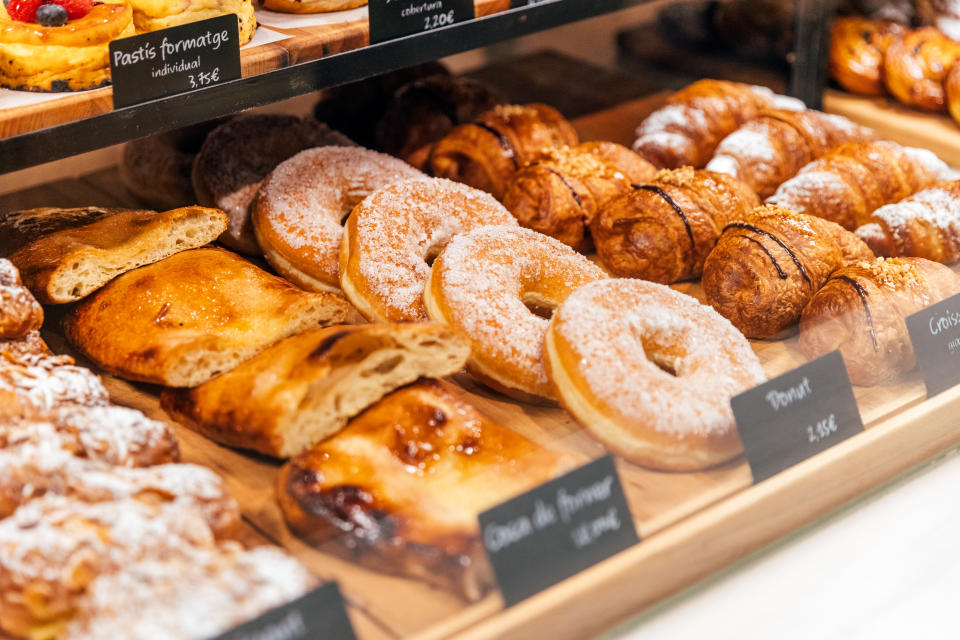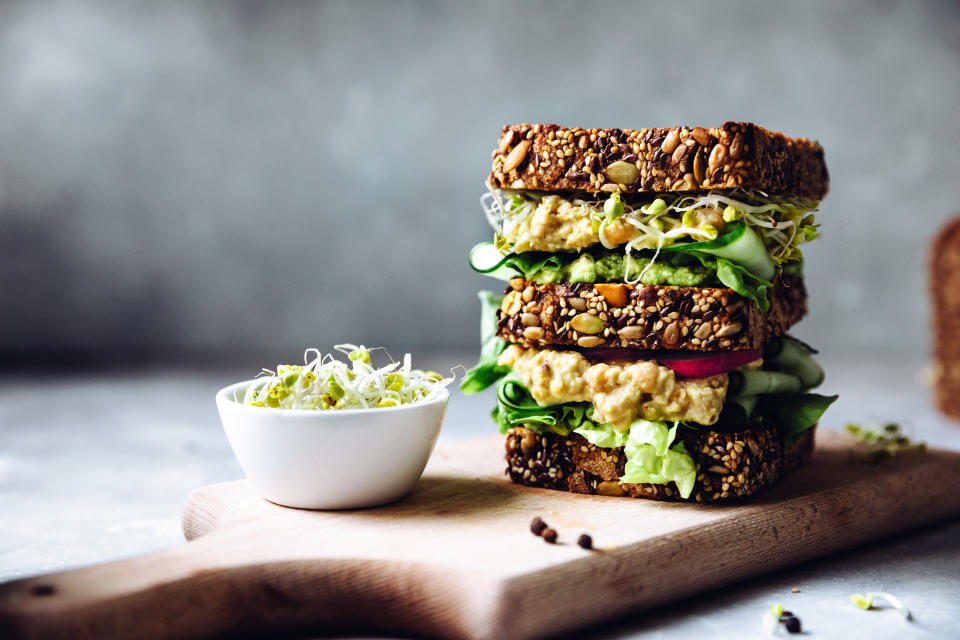The average Briton consumes almost twice the recommended daily amount of free sugars (the type of sugar found in sweets) and this could be increasing our biological age.
A new study has found that people who eat a lot of added or free sugars may experience a hyperactive effect on their biological clock, even if the rest of their diet is focused on health.
The study, published in the journal JAMA Network Open, looked at 342 middle-aged women and found that those who ate more free sugars had “older-looking” cells.
Scientists say this could explain why some people age faster or slower than others, and that sugar intake could be a neglected factor.
In comparison, those who ate a diet rich in antioxidants, vitamins and minerals had the youngest biological ages – especially the participants who followed a Mediterranean diet.
According to one of the study's authors, Barbara Laraia of the University of California, Berkeley, cutting 10 grams of added sugar from your diet is equivalent to turning back your biological clock by 2.4 months.


In the UK, the recommended daily amount of free sugars is 30g (about six teaspoons). However, the average adult male consumes 52.7g and the average adult female consumes 44g.
Free sugars are sugars that you find in processed foods such as cakes, muffins, brownies, cookies, pastries, ice cream, candy and chocolate.
Our biological age is also known as our epigenetic clock. The research has shown that added sugar can affect epigenetic aging mechanisms faster than a healthy diet can turn them off.
The study found that the more sugar someone ate per day, the older their biological clock would be. The average woman in the study ate 60 grams of sugar per day, but some ate more than 300 grams.
Dietitian Dr Carrie Ruxton tells Yahoo UK that this study suggests that “diets high in sugar, particularly from highly processed foods, promote excess body fat and inflammation in the body, which over time damages our DNA”.
“Another theory is that people who eat lots of sweets, cakes and fizzy drinks – the main sources of added sugar in the British diet – don’t eat enough fruit, vegetables, nuts and seeds. These foods contain protective nutrients that slow down ageing. So it may have more to do with what you don’t eat.”
How to reduce your sugar consumption
According to nutrition coach Lisa Marley (@lisamarleychef), the best way to start reducing your sugar intake is to read food labels and choose products with lower sugar content.
“Choose whole foods over processed foods, drink fewer sugary drinks, and use natural sweeteners like agave syrup or maple syrup instead of refined sugars,” she adds.
“Going completely sugar-free may not be necessary for everyone, but reducing added sugar intake can have many health benefits. These include improved weight management, better dental health, reduced risk of chronic disease, and improved energy levels.”


Marley also recommends eating foods that stabilize blood sugar levels, such as whole grains, legumes, nuts, seeds and vegetables, if possible.
“These foods are high in fiber, which helps slow the absorption of sugar into the bloodstream and prevent spikes. Additionally, foods high in protein and healthy fats can also help stabilize blood sugar levels,” she adds.
“Maintaining stable blood sugar levels is crucial to our overall health and well-being. By choosing the right foods and making healthy lifestyle choices, we can help prevent blood sugar issues and support our bodies to function optimally.”

